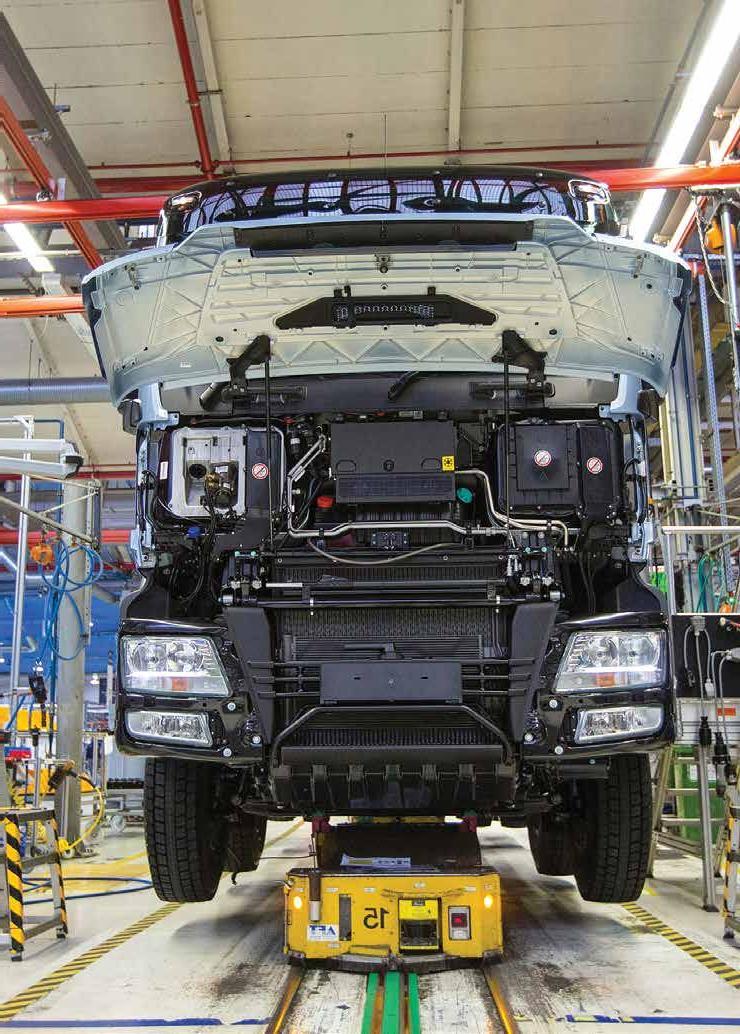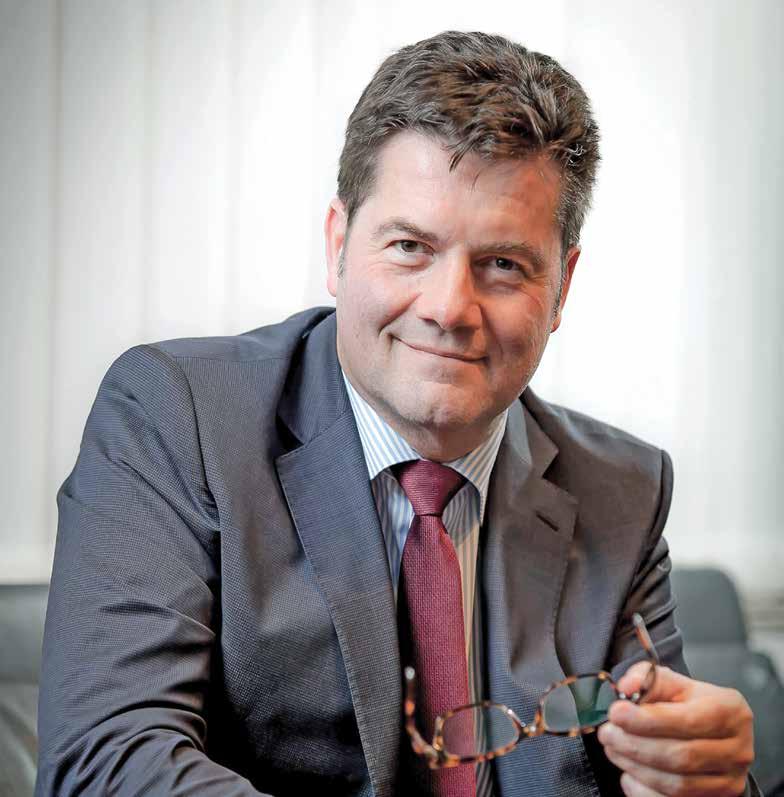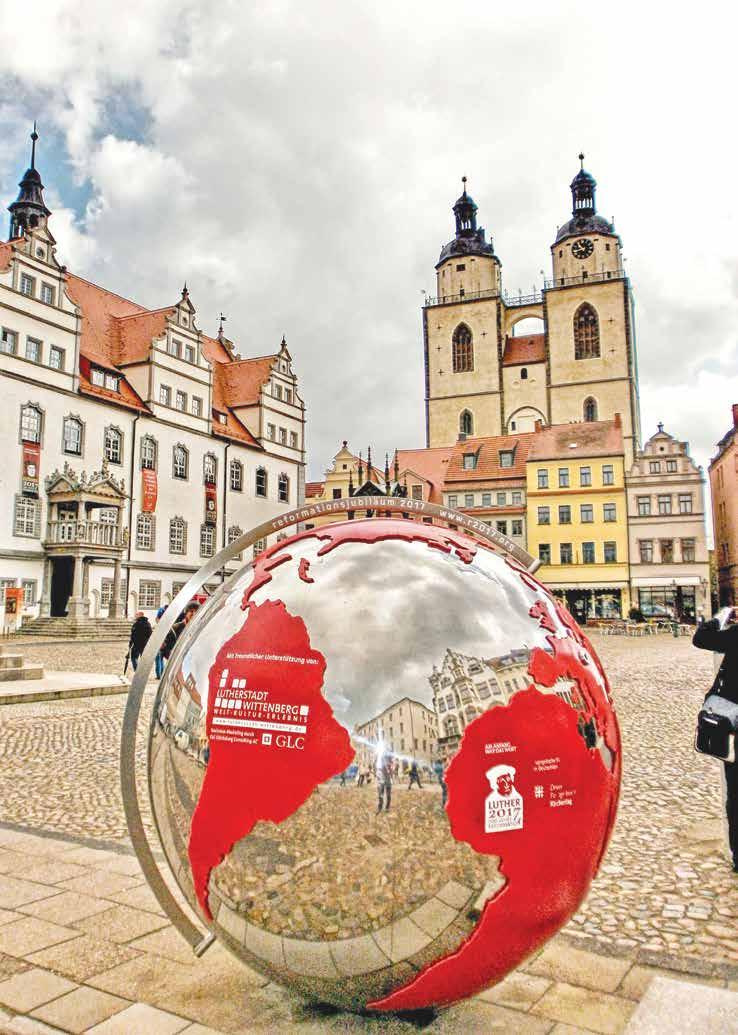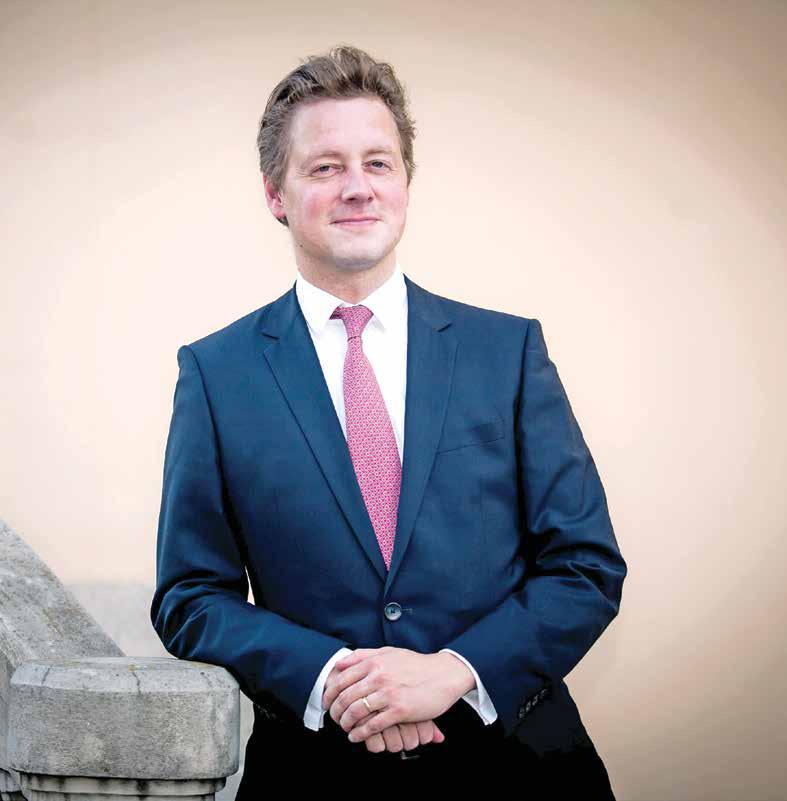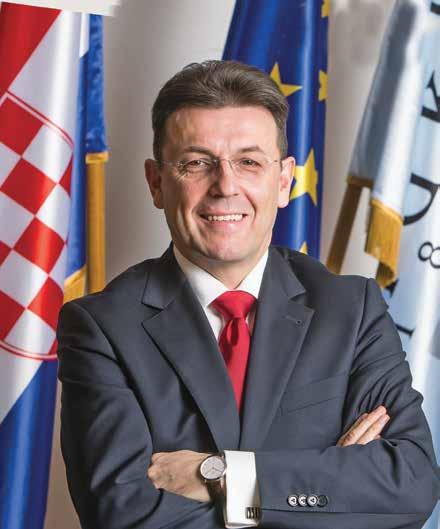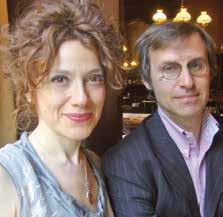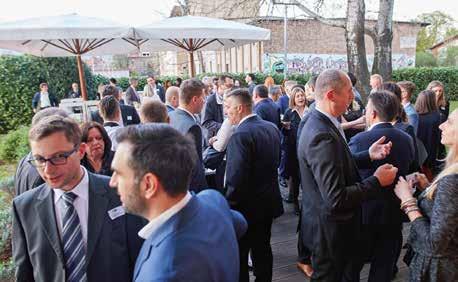
5 minute read
STILL AFLOAT, STILL LEADING
ECONOMY
STILL AFLOAT, STILL LEADING
Advertisement
— Text — Nikica Miloš
Germany, a conservative and down-to-earth nation at the very heart of Europe, has a similarly conservative, downto-earth economy, one that suits the spirit of the nation. Conservative? Well, perhaps in the modern sense of that word
Orientated towards quality, manufacturing and SMEs, avoiding the relocation of factories and the devouring of small enterprises by giants, Germany was dubbed “old-fashioned” in the 1990s by Tony Blair’s New Labour, “The Third Way Left”, modern globalist and the like. They were a laughing stock. Well, Tony, who’s laughing now?
SAY NO!
When the 1990s came, something strange happened in the Western World. All of a sudden developed economies started to relocate their most valuable factories around the globe. Some chose Eastern Europe, some Mexico, some China. All of a sudden, countries like the UK or Belgium were left without the majority of their factories – just like in the U.S., following the signing of the NAFTA agreement. They were all “clever”: with costs reduced, let’s buy all the small brands and factories and unify them, or simple change them, or close them down. Nikšić Beer produced in Serbia? Anyone who knows anything about the typical taste of Nikšić beer knew it was different – good, but different. Tony Blair blew the fanfare and declared “it is a new economy!”, but we saw how it ended. First, the 2008 world economic crisis hit economies orientated towards services harder than those orientated towards manufacturing. Then the disenfranchised masses, angry over the dislocating of their jobs, voted for Brexit. Then Trump. Syriza came somewhat prior to that. And Germany, as old-fashioned as they called it, was still afloat amidst the storm. That was because Germans had preserved the good quality of their goods, which were still manufactured in Germany, and not in China or Hungary. Not to say anything about goods from China or Hungary. Simply, what was known as being the best, as being German, remained German. Poland soon followed suit and is now one of Europe’s most resilient economies. The German economic miracle is not a miracle at all. It is just a matter of “keeping things as they are, since a winning team should not be changed”. Just like Joachim Löw.
FACTS AND FIGURES
And the facts confirm the following: Germany is the largest national economy in Europe and the world’s fourth-largest by nominal GDP and fifth largest by GDP (PPP). Germany’s economic model is based on the social market economy concept. The country has taken care of its working classes since the times of the German Empire and Bismarck. As Richard Branson noted, “Customers don’t come first. Employees come first. If they are satisfied, they take care of the customers.” And they are loyal to their companies, I would add. The same applies: if a country takes care of its citizens, they will take care of their productivity and jobs, and their companies, remaining loyal to both their companies and the country as a whole. Germany has done that.
GERMAN ECONOMIC MIRACLE IS NOT A MIRACLE AT ALL. IT IS JUST „KEEP IT AS IT WAS, SINCE THE WINNING TEAM SHOULD NOT BE CHANGED“. JUST LIKE JOACHIM LÖW
It is a country of export surplus. Namely, in 2016 “Germany recorded the highest trade surplus in the world, worth $310 billion, making it the biggest capital exporter globally”. Not America, not China, but Germany. Well, a year ago we discussed what the brand “Made in Germany” means. It means exactly that: trust and quality. Germany is the world’s third largest exporter, with 1.21 trillion euros in goods and services exported in 2016. And it is not as though Germans deeply dislike services and prefer to work hard in their factories. On the contrary, the service sector contributes around 70% of the total GDP, industry 29.1%, and agriculture 0.9%, while exports account for 41% of national output. However, Germans are the leaders of producing in anything that you should put your trust in. The country’s top 10 export commodities are vehicles, machinery, chemical goods, electronic products, electrical equipment, pharmaceuticals, transport equipment, basic metals, food products, and rubber and plastics. German vehicles? I doubt anyone has any real dilemma believing in their reliability.
MAKE IT GREEN
If you know Germany deeply and intimately, you know that in Germany you cannot establish a bus route between two cities or villages if there is an existing railway. This is both part of the protection of a state-owned enterprise that everyone likes and keeping the country green. Free enterprise? Not here! State railways come first. And renewables come first too. Germany is the first major industrialised nation to commit to the transition to renewable energy, a process dubbed Energiewende. Germany is the world’s leading producer of wind turbines. Renewables now produce over 27% of electricity consumed in Germany… And that is only set to increase.
MAKE IT FAMILY
ORIENTATED
An economy can be easily determined, in my experience, according to two factors: how many state-owned railways and trams it has, and how many small and medium-sized enterprises (SMEs) it has. If an economy has a lot of rail tracks and a lot of SMEs, it is developed. If every town has its newspaper and brewery, it means the economy is stable. If citizens must use vans, cars etc. for transport, and if all the companies are giants and small businesses vanish, it means the economy is far from stable. Well, it might be that I am “just a European”, as they called me in Brazil, or “just another socialist” (I was called that in the same place), but I tend to like an organised state that takes care of you and takes care of its small firms. And, guess what? Some 99 per cent of all German companies belong to the German category of “Mittelstand”, meaning small and medium-sized enterprises, which are mostly family-owned. However, they don’t lack big players either. Of the world’s 2,000 largest publicly listed companies measured by revenue, the Fortune Global 2000, 53 are headquartered in Germany, the top ten of which are Volkswagen, Allianz, Daimler, BMW, Siemens, BASF, Munich Re, E.ON, Bayer, and RWE. I guess anyone can name eight out of ten of these company names in their sleep.
EPILOGUE
Remember Joachim Löw? Yes, the German national football coach. He has a had string of successes – some bigger, some smaller. But he is stable in being in the top three every time. Winning tactics should not be changed. Germany persisted with its own opinion, and did so well. Don’t be too modern... Just be smart.

